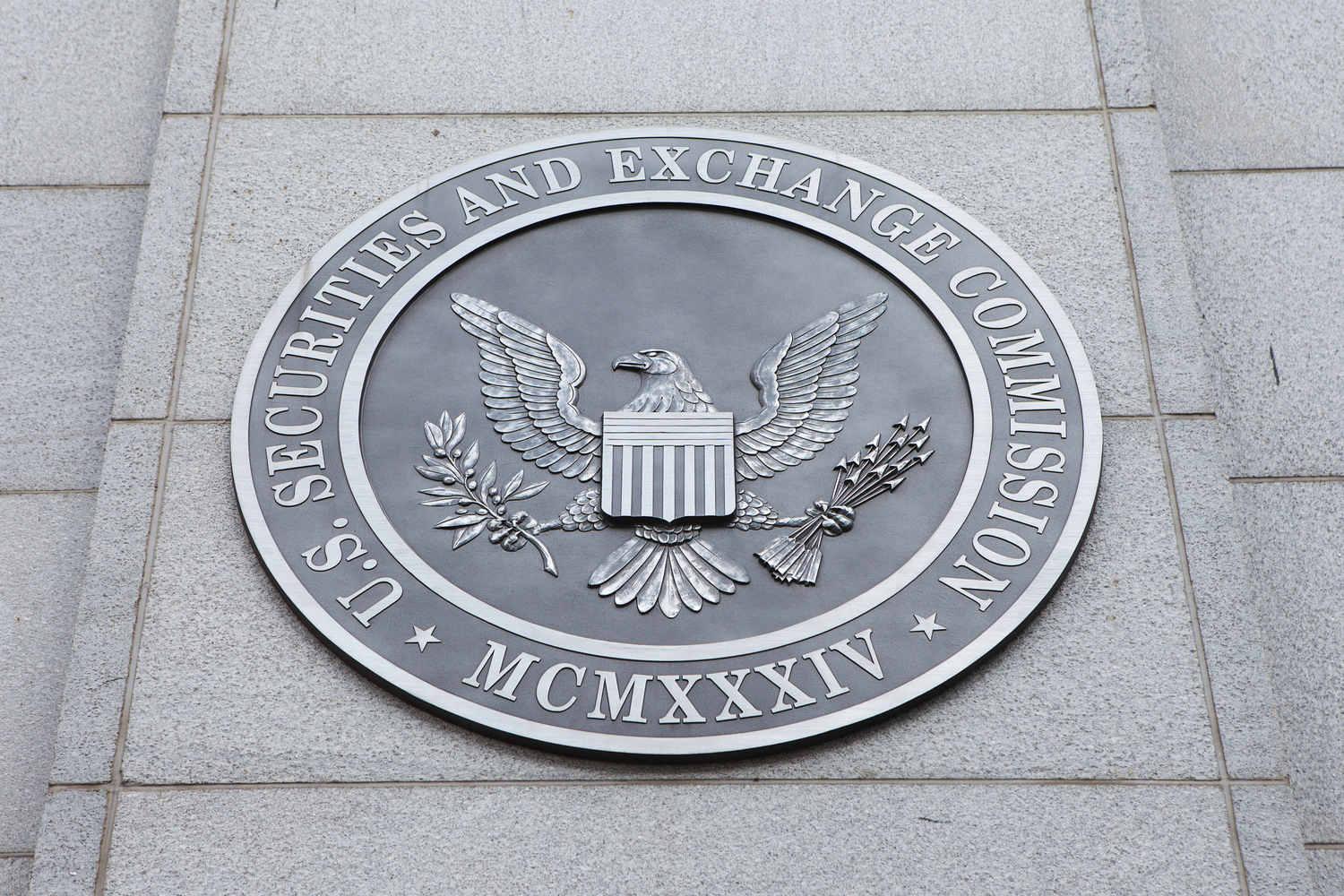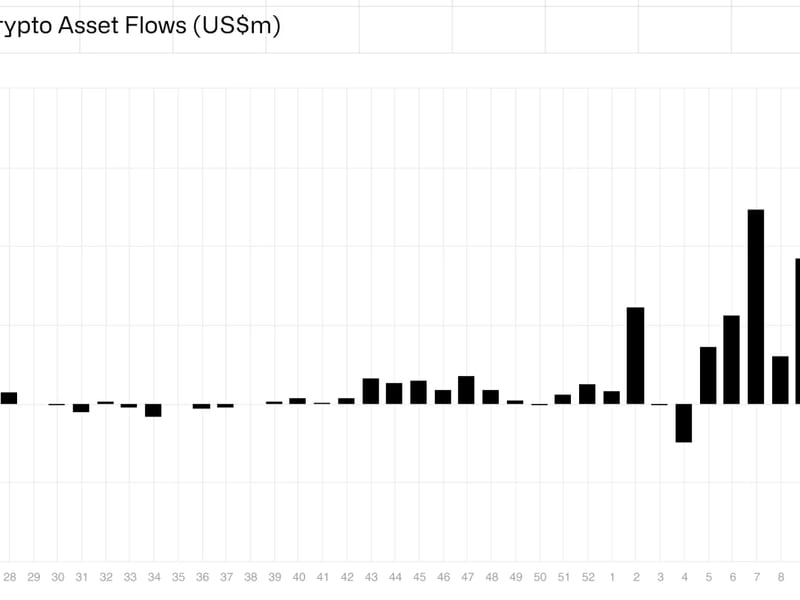Congress Gets the Runaround From Regulators, Again
This op-ed is part of CoinDesk’s Tax Week, presented by TaxBit. Kristin Smith is CEO of Blockchain Association. Miller Whitehouse-Levine is CEO of the DeFi Education Fund.
The long-running scramble for control between America’s administrative agencies and our elected representatives passed another important milestone this week.
As the U.S. Treasury Department prepares to finalize a new, expanded definition of who it considers to be a “broker” subject to tax reporting obligations, Congress has yet another opportunity to show renewed vigor in its efforts to set clearer rules across many aspects of our lives touched by regulation, and reign in the metastasizing power of administrative agencies.
While the broker issue may seem narrow and important only to the digital assets industry which it targets, the process from which the new definition arose illuminates the imbalance between the power assumed by regulatory agencies and Congress’s role to set limits on such power.
As recent court rulings have shown, on issues such as regulating greenhouse gas emissions and student loan forgiveness, our legal system is putting the ball squarely back in Congress’ court with a tacit message: the power to answer these tough questions lies with our elected lawmakers. The broker issue, in particular, demonstrates the unfortunate outcomes of limited checks on the power of federal agencies to interpret statutory language set by Congress.
Infrastructure Act fallout
In the summer of 2021, while Congress debated the bipartisan Infrastructure Investment and Jobs Act, there was one issue that riled the entire crypto industry, and almost stopped the legislation in its tracks: how the bill’s language defined a “broker” for digital assets-related tax information collecting and reporting purposes.
At the time, many in the industry warned that the bill’s definition was overly broad and would sweep up people not actually engaged in any broker-like activity, including software developers, and force them to not just furnish information they would otherwise collect, but also to proactively collect that information from people with whom they have no relationship.
Several Senators, including the primary sponsors of the legislative package, agreed with this interpretation, though their legislative fix was not considered because amendments to the broader bill would have slowed its enactment. And thus, the future viability of the digital asset economy in the United States was delivered into the hands of the Treasury Department, with the hope that the IRS would interpret the definition as Congress meant it and leave out the breadth of entities that Congress did not explicitly intend to capture. That hope was misplaced.
If the broker rule proceeds as is, it will surely spell the near-total collapse of the crypto industry in the United States.
Fast forward two years and fears about the broker definition have come true. It’s clear that the Treasury decided to broaden the scope of what it deems a broker irrespective of the statutory language set by Congress. While there are many in the digital assets industry that do fit the natural and traditional understanding of the term “broker,” such as centralized, custodial exchanges, it is obvious that others, such as decentralized finance (DeFi) software developers and non-custodial wallet software providers, shouldn’t be swept up by this definition.
For instance, under the new definition a broker’s “reporting” requirement becomes, explicitly, a collection and reporting requirement because it includes “those in a position to know” information about other people (without explaining what “being in a position to know” actually means in practice). This contortion of the statutory language set by Congress gives the IRS a comically wide brush to paint any number of persons and entities as “brokers.”
Under this perspective, who isn’t a broker? As the comment period for the rulemaking closed this week, more than 120,000 letters had been submitted, a staggering amount demonstrating the real impact the application of this updated definition would have for real people.
Broad interpretation
This type of broad interpretation of powers at regulatory agencies happens often. In some cases, it is understandable to rely on the expertise of agency staffers to design and implement complex rulemakings to address subject matter issues. In other cases, these agencies have been deemed to have exceeded the power set to them by Congress.
The courts have agreed with the latter sentiment in several recent high profile cases, including decisions to limit the power of the Environmental Protection Agency (EPA) to regulate some sources of greenhouse gas emissions and the ability of the federal government to forgive a meaningful amount of outstanding student loan debt. While many conservatives have cheered these decisions, it stands to reason, with a different Supreme Court makeup and later Democratic presidents, that there will be future decisions on regulatory power that will displease those same people.
The issue is that executive orders, guidance documents and rulemakings might reflect the current administration’s priorities but that none can actually change the laws on the books, leading to endless rounds of disputes and protracted litigation. Tit for tat governance creates whipsawing national policy, undermining the rule of law and continually raising the stakes of each presidential election. No small-d democrat should want to see this dynamic continue.
In the instance of the broker definition, the issue is stark: Congress continues to try to fix the issue — including Rep. Patrick McHenry’s Keep Innovation in America Act, a bill that aims to narrow and refine the definition of a broker — while the Treasury Department seems intent on ignoring those aims. This is simply undemocratic, subverting the will of our elected representatives, and causing unnecessary harm to the growing digital assets economy.
If the broker rule proceeds as is, it will surely spell the near-total collapse of the crypto industry in the United States.
The issue of how to define a broker may seem small in the larger scheme of fights between Congress and the administrative state, but the battle lines on this issue make clear the stakes: who is the ultimate arbiter of how our society is governed?
Congress should wrest back the initiative from federal regulators and tip the rulemaking balance back to democratic control.
CoinDesk does not share the editorial content or opinions contained within the package before publication and the sponsor does not sign off on or inherently endorse any individual opinions.









